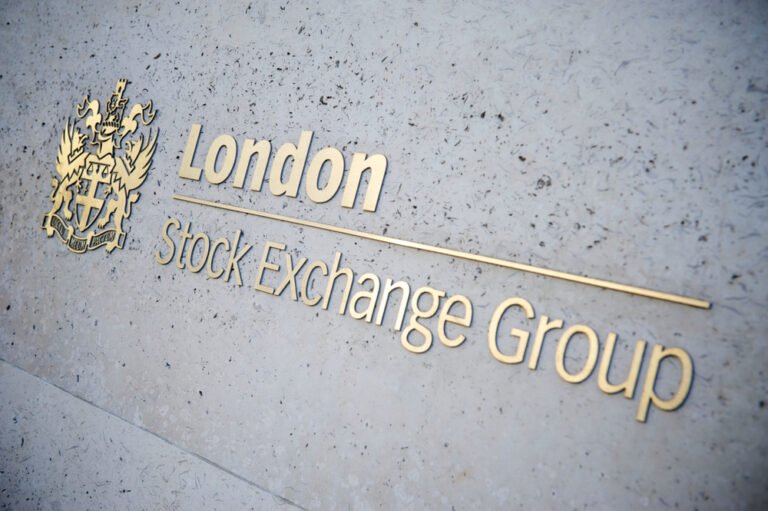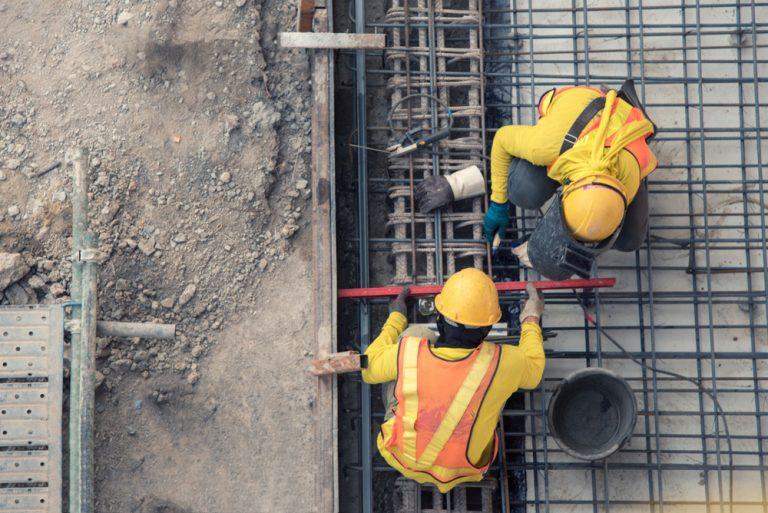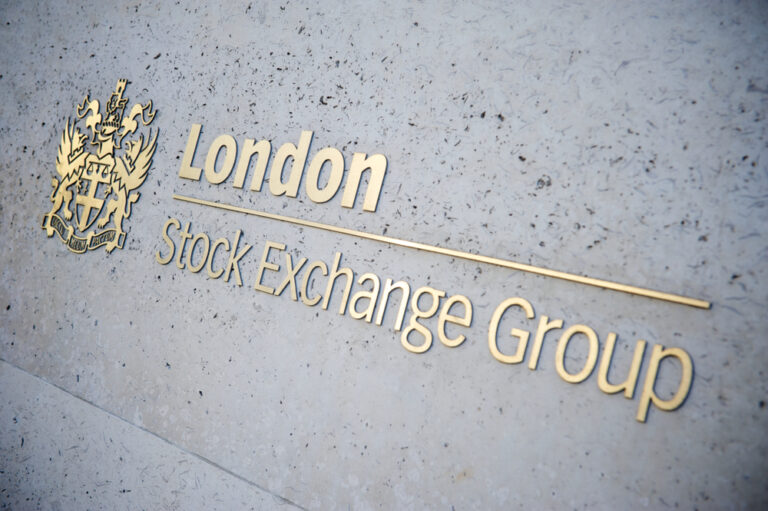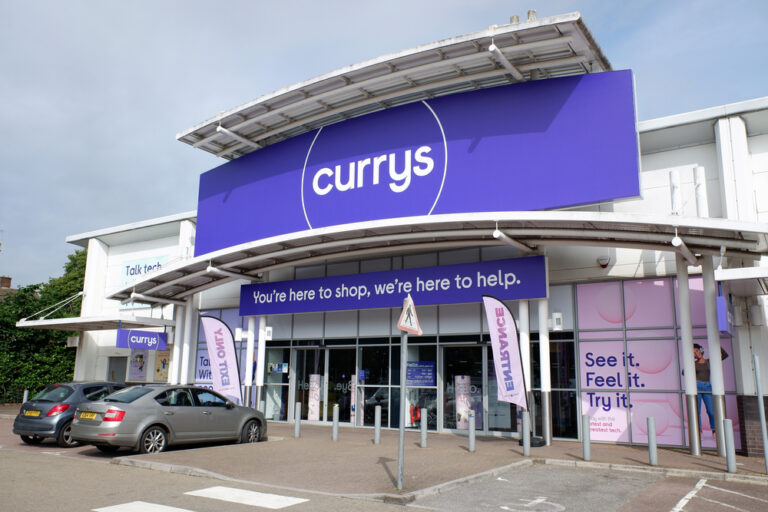The FTSE 100 is set to close at its highest-ever level as the UK’s leading shares soared on hopes of interest rate cuts later this year. The stabilising bond market also helped lift sentiment, and the FTSE 100’s weighting towards natural resources benefited from M&A chatter.
“After years of trying, and failing, to play catch up, the FTSE 100 appears to have finally caught the ball of investor enthusiasm,” Susannah Streeter, head of money and markets, Hargreaves Lansdown declared.
Traders are upping their bets on interest rate cuts by the Bank of England this year after disappointing UK retail sales, which provided further evidence that the UK economy needed support from central bankers in the form of lower borrowing costs.
Bad news for the UK economy proved good news for the FTSE 100, which rose over 1% to trade at 8,477 at the time of writing. The rally meant London’s flagship index was on course to close at a fresh record high above the current record of 8,445. The index printed a new intraday record after trading above 8,474.
“The FTSE 100 has hit a new record high despite all the doom and gloom around Budget-related cost pressures on businesses and a sell-off in the government bond market,” said Dan Coatsworth, investment analyst at AJ Bell.
“It’s refreshing to see positive news around the UK stock market given its unloved reputation.
“Helping to drive the index up more than 1% and above its previous intraday record of 8,474 in May 2024 was a further slump in the pound as retail sales came in below expectations for December.
“Three quarters of companies in the FTSE 100 generate their earnings overseas, and the relative value of those foreign earnings is boosted when the pound weakens.”
Mining shares were front and centre of Friday’s rally after news emerged Rio Tinto and Glencore were exploring a merger which would create one the world’s largest mining companies and be the biggest mining transaction in history. Murmurings of M&A inevitably fired up the sector with shares in Antofagasta, Anglo American and Glencore all rising more than 2%.
“Glencore is one of London’s most traded stocks this morning following speculation of a tie-up with Rio Tinto. Trading volumes for fellow miner, Anglo American, which rejected a bid from BHP last year, are also strong,” said Derren Nathan, head of equity research, Hargreaves Lansdown.
The hopes of lower interest rates translated into stronger UK housebuilder shares. Persimmon continued its rally, adding a further 2% to a strong rally sparked by an upbeat trading statement released this week. Taylor Wimpey rose 1%.
Analysts suggest there may be renewed interested in the defensive FTSE 100 ahead of Donald Trump’s inauguration next week.
“Although fresh volatility is expected on global markets after President Trump returns to the White House, there may be more appetite to shelter in the resilience of the UK market, and benefit from stocks which have seen depressed valuations in recent years,’’ Susannah Streeter said.











